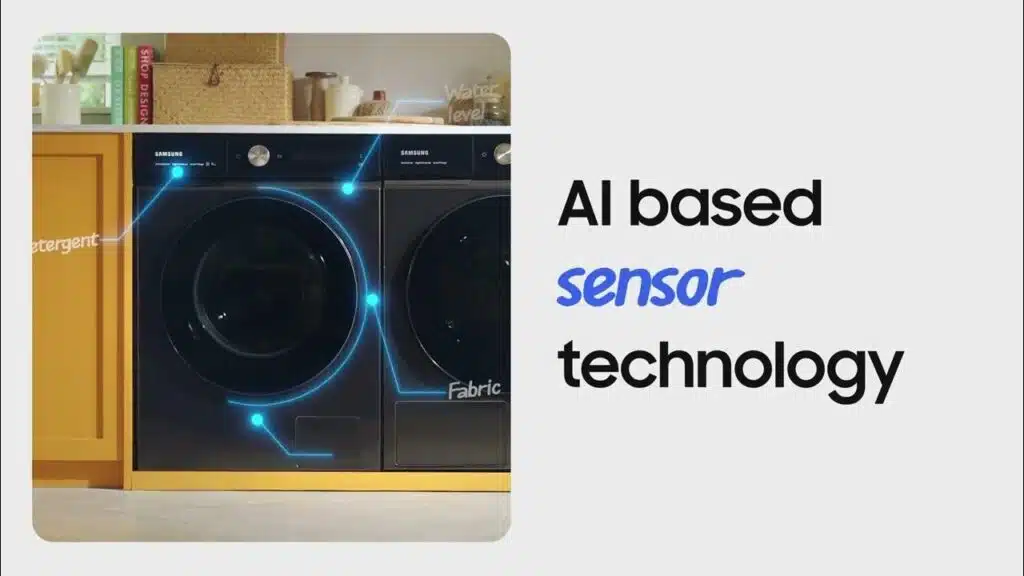June 27, 2024 –
Thank you for reading this post, don't forget to subscribe!In recent years, the term “AI washing” has become increasingly prevalent. This phrase describes the practice of companies falsely claiming their products or services utilize artificial intelligence (AI) to capitalize on the technology’s popularity. AI washing is a growing issue with serious implications for consumers, businesses, and the tech industry as a whole.
AI, or artificial intelligence, refers to the simulation of human intelligence in machines. These machines are programmed to think and learn like humans. True AI systems can process vast amounts of data, recognize patterns, and make decisions with minimal human intervention. However, not all technologies labeled as “AI” truly embody these characteristics.
AI washing occurs when companies exaggerate or fabricate the capabilities of their products. They may market them as AI-powered when, in reality, they use basic algorithms or simple automation. This misrepresentation can be misleading and harmful.
Why is AI Washing a Problem?
Consumer Deception: One of the primary issues with AI washing is that it deceives consumers. Customers may believe they are purchasing advanced, intelligent technology when they are not. This can lead to disappointment and mistrust.
Market Confusion: AI washing contributes to market confusion. It becomes challenging for consumers and businesses to distinguish between genuine AI innovations and exaggerated claims. This confusion can slow the adoption of true AI technologies.
Impact on Innovation: Misleading claims about AI can stifle innovation. When companies focus on marketing rather than developing genuine AI solutions, it diverts resources away from real advancements. This can hinder overall progress in the field of AI.
Regulatory Challenges: AI washing presents regulatory challenges. Authorities may struggle to establish and enforce standards for AI technology. This lack of regulation can allow deceptive practices to flourish.

Examples of AI Washing
Several industries have seen instances of smart washing. In healthcare, some companies claim their software can diagnose diseases using AI. However, upon closer examination, these tools may rely on simple statistical methods rather than true AI. Similarly, in the marketing sector, some tools marketed as AI-powered are merely using basic automation to sort and send emails.
Read More: The Future of AI in Supply Chain
How to Spot AI Washing
To identify AI washing, consider the following tips:
Ask for Specifics: Companies with genuine AI solutions should be able to explain how their technology works in detail. If a company is vague about its AI capabilities, it might be an instance of AI washing.
Check for Third-Party Validation: Look for third-party reviews or validation from industry experts. Independent assessments can help verify the legitimacy of AI claims.
Evaluate the Company’s Track Record: Companies with a history of AI research and development are more likely to offer genuine AI products. Investigate the company’s background and previous work in AI.
Addressing the Problem
Addressing Digital washing requires a combined effort from consumers, businesses, and regulators. Consumers should educate themselves about AI to make informed decisions. Businesses need to prioritize transparency and honesty in their marketing practices. Regulators should work towards establishing clear standards and guidelines for AI technologies.
Final Thoughts
AI washing is a deceptive practice that undermines the integrity of the tech industry. It misleads consumers, hinders innovation, and creates market confusion. By being vigilant and informed, consumers can help combat electric washing. Meanwhile, businesses and regulators must work together to promote transparency and accountability in AI marketing. Only through these efforts can the true potential of AI be realized and trusted by all.











